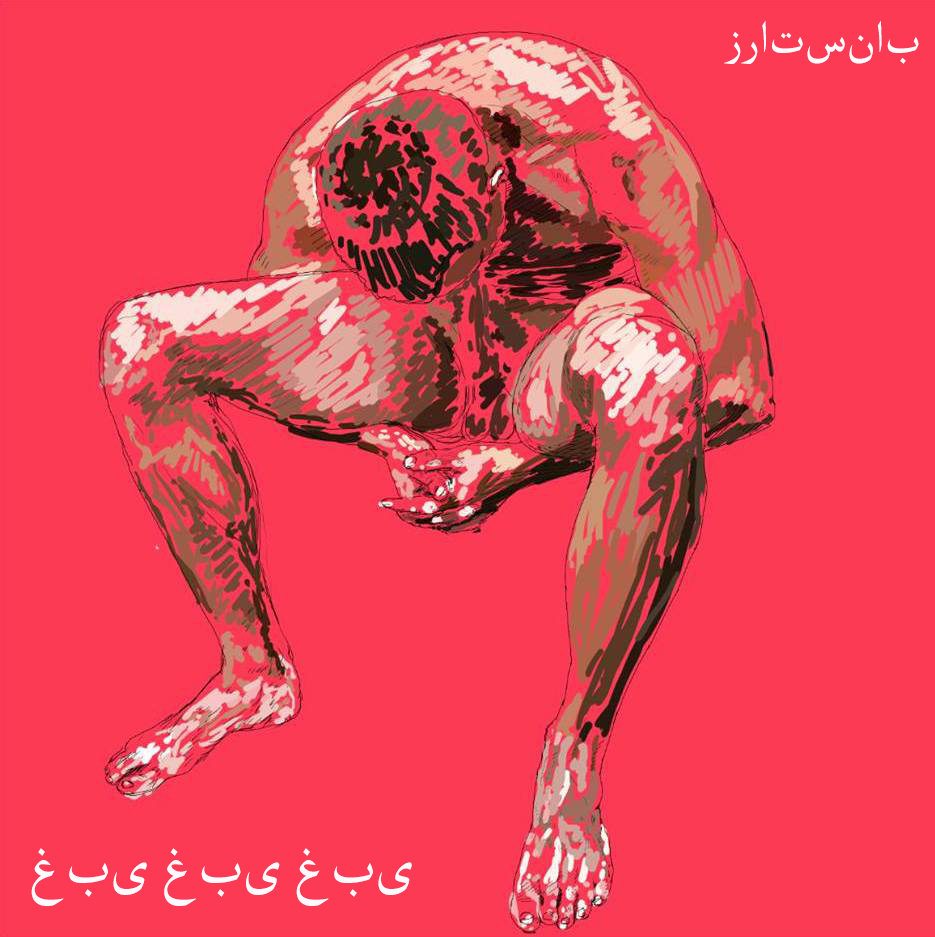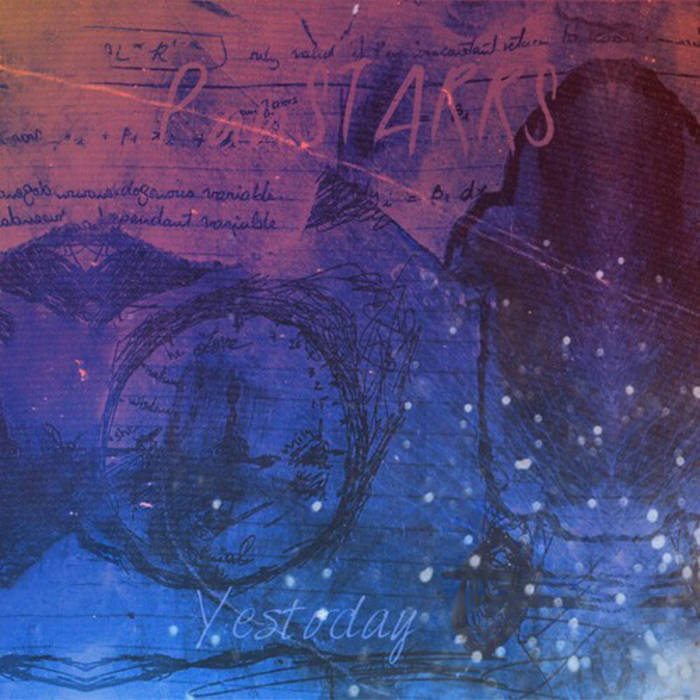Rocking Cairo
Interview with Youssef Abouzeid

When we spoke to Youssef Abouzeid on Skype, he had just come back from his work at an advertising company, a job he does in order to make a living. The rest of the time he spends he is deeply involved in the local Cairene indie music scene. At 24, Youssef is the founder and leader of PanSTARRS and just released a new EP this fall called “Ghaby Ghaby Ghaby” (in English: Stupid, Stupid, Stupid). Also, together with friends, he has started producing and selling a pedal for musicians called DISTORSHY. Passionate and talkative, Youssef shares his views on his music, the musical scene in Cairo and even touches upon the connection between politics and art.
When and how did you began to play music?
I started playing bass when I was in high school, around 17. It’s recent and I wasn’t listening to the kind of music I listen to now, stuff like Sonic Youth or Joy Division. I started listening to indie music only three or four years ago and I really discovered it all at one time.
Is PanSTARRS your personal project?
It started as my solo project and then, with time, I performed gigs and began playing with a bassist and a drummer. I am still the source of the project but I’m trying to push it in the direction of being a band rather than my solo project, because I don’t like working alone.
You have released three digital EPs. Why only EPs and why digital?
I feel that I don’t have enough of a following to release a full-length album yet. The format is digital because we don’t have the culture of buying records in Egypt. Nobody makes money with records so we consider it much better to release online and let people have it for free. This way, we’ll get more listeners.
Your last EP, “Ghaby Ghaby Ghaby”, is in Arabic. Why are you using more and more Arabic in your songs?
Can you hear the accent I have when I talk [in English]? For me, it doesn’t go quite well with my music anymore. I sing in Arabic on the last EP, but this is not something new, I did that already on some unreleased material. So it’s a quite logical evolution. For me, it wouldn’t make sense if my music would sound like it was made in England.
What are the lyrics on your last EP talking about?
Most of them talk about awareness, or lack of self-awareness. About people and stupid tastes. They also talk about people’s sexuality in Egypt. The EP is neither happy nor sad. In the third song, I talk to a woman, naked, telling her to come closer and not be scared. It means something and doesn’t mean something at the same time.

Aren’t you afraid of censorship, or getting in trouble if you write about sex?
I’m lucky because I don’t have a lot of followers in Egypt and don’t play gigs in venues that are subject to exposure by authorities. I don’t even play a lot of gigs anymore. But if I had done all of that more intensively, touring more and having more followers in Egypt, I’d probably have gotten into trouble.
“Ghaby Ghaby Ghaby” sounds colder, more minimalist and less pop than your previous EP “Nothingness”. What happened in between?
“Nothingness” was my first EP. It was my first experience with writing music and recording songs in general, right after I was introduced into indie music. I was inspired by minimal guitar lines and melancholic progressions. I was excited to find that sound, and produce it as well. Then, as time passed, I discovered shoegaze music and composed “Yestoday” in another style. It changed naturally: I used more structures, new sounds and the vocals had more direction. I progressed with time. It’s like if “Nothingness” was a baby, “Yestoday” a teenager that masturbates a lot, and “Ghaby Ghaby Ghaby” more of a 20-something-guy who lost his virginity a couple of years ago and is discovering new stuff.
How is the local scene in Egypt?
There’s a lot of space to do new things in Egypt. PanSTARRS is maybe one of the two bands in town that play indie rock. It’s good because it gives you the space to influence a lot of people, but it doesn’t get you anywhere. The music scene in Egypt is really small.
There are maybe 20 or 30 people who make indie music in the city – I play with them and am influenced by them. It makes us really close to each other. Some are into techno, others into IDM [intelligent dance music], hip hop, industrial or indie rock. We all kind of belong to one place in Cairo: VENT. That’s where we met and became friends.

What kind of a place is VENT?
It’s a venue and a bar; one of two places for proper music in Cairo. In terms of community, in terms of music scene, they opened the gates for people who are actually interested in good music in a country where a lot of musicians don’t know the difference between art and entertainment. The other venues book cover bands and entertainment music.
Does the political situation influence your art?
Of course. Whenever the system is getting weak, I get this feeling that I have to do something. It’s not something that has to do with going down to the street and protesting. It’s more like I feel there is space now for me to do something of value, to attack the system in the most indirect way. It’s an opportunity to create things, to make art. In 2014, the political situation became stable with the new president, and it was really a bad year. There wasn’t space for people to create anymore, like there was before. But a few months ago, things started to happen again. You can see that people want to express themselves even more now.







One thought on “Rocking Cairo”